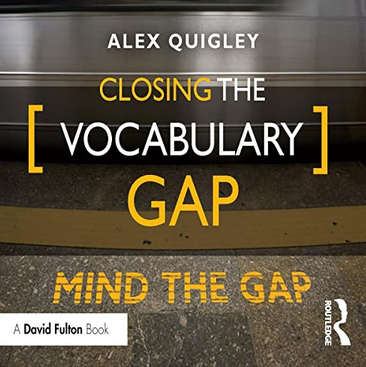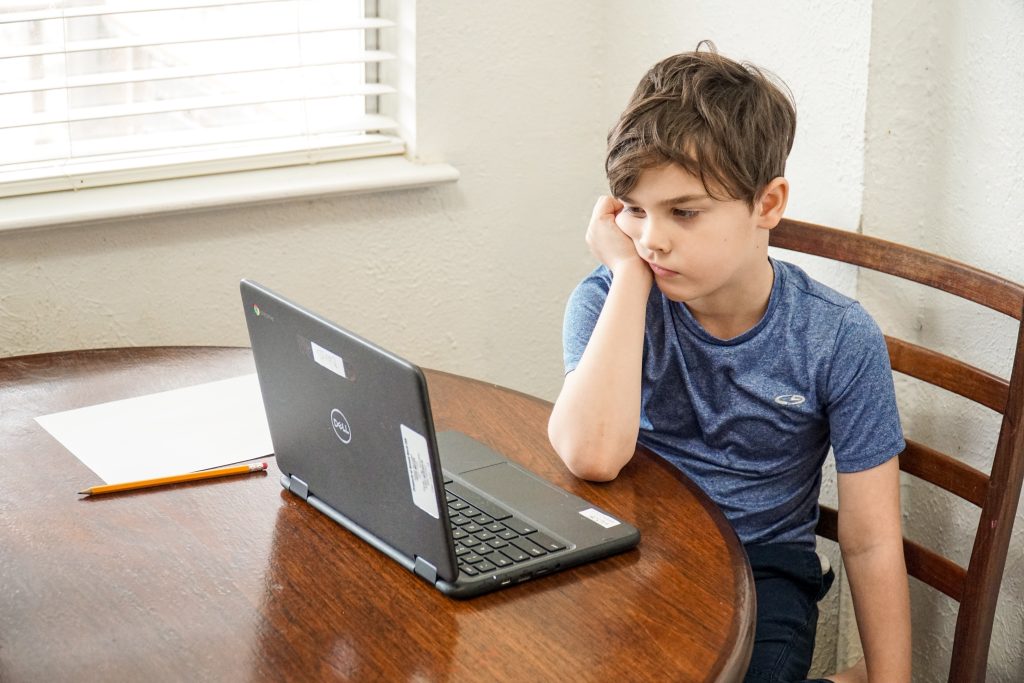What is the secret to self-motivation? As a teacher who specialised for 21 years in secondary education, it would be very easy for me to point at today’s teenagers and remark upon their lack of personal motivation, but was I really any different? Am I really so different now? Many parents bemoan their child’s lack of self-motivation when it comes to study and I feel their pain, I really do. When what seems like a relatively small amount of extra effort on a child’s part would make such a difference to their outcomes, it can be really difficult to comprehend why they simply won’t do it.
Since hitting a rather alarming round number in years, I have found myself becoming more concerned with what longterm life-limiting problems I might be storing up for myself (assuming I am privileged enough to make it into later life, of course). Watching my parents age has been an education and in the last few months I have done what I always do when something is on my mind: I have done some reading about it. To date, I have always told myself that cardiovascular fitness is the only thing that really matters for longterm health and that so long as I’m walking briskly on a regular basis then all will be well; since looking at the facts, I have had to admit to myself that my beliefs on this are simply wrong. All the information we have shows an undeniable correlation between muscle strength and the ability to maintain independent living, so my hitherto scathing attitude towards anything even remotely gym-related requires some serious review. I have read about the importance of building muscle strength in relation to one’s ability to move freely and independently as one ages, as well as how it intertwines with building up one’s balance to prevent the risk of falls.
Right, I thought. Resistance training, here I come. But the gym is way too scary, so I watched a few YouTube videos from the comfort of my chair and tried a few exercises … and it’s just so hard! You’re using muscles you never knew you had, you’ve no idea whether you’re doing it right or not, your thighs start to tremble and you end up retreating to the sofa, while the cat looks at you as if you’ve just humiliated yourself in the worst way possible. As one friend put it, “the trouble with exercise is, you might feel great once it’s over, but I also feel pretty great on the sofa watching Netflix, so feeling great isn’t quite the pull-factor that everyone says it is.” This is perhaps the downside of currently feeling in relatively good health. Believe me, in theory, I’m motivated: I am worried about my longterm health and I want to fix that by taking action. But how does one take that desire and channel it into real action, when those actions are so alien, so difficult and so uncomfortable, and the theoretical longterm benefits feel such a long distance away? For perhaps the first time in years, I’m gaining an insight into how my students may feel about their learning.
Fortunately, I have another friend on hand, who is going to help. This friend is properly into fitness in a way that none of my other friends have ever been. She has hired a personal trainer to guide her through strength training in recent months and (even more scarily) she’s got all the kit – her house is full of alarming equipment. On Monday, I went round to her house wearing some secondhand pumps and my Primark leggings and was introduced to squats, lunges, push-ups and weight training. Suffice to say, while my friend sauntered about, demonstrating seemingly impossible moves without so much as breaking a sweat, I was a quivering wreck within minutes. When attempting the final push-up I collapsed onto the mat, unable to perform the downward pass. “Good,” she said, laughing. “That’s when you know you’ve done about the right number.”
All of this has reminded me just how impossibly hard it is to motivate yourself to do something that you find really difficult. You can give yourself as many pep talks as you like, it’s never likely to be enough. I need my friend to teach me how to do the moves correctly in an environment in which I’m comfortable (she understands that I’m somewhat dubious about a trip to the gym). I need her to tell me whether I’m getting it right, both to prevent injury and to ensure that the exercise is working as it’s meant to. I also need her to push me into doing it another few times when previously I had given up because it was getting so difficult – while we’re not quite talking “no pain, no gain”, it is true that when it comes to strength training, you should be pushing yourself to the point when it feels like you can’t do it any more. All of this is simply too difficult and too frightening to do on your own, when you have no experience with such things.
All of this started on Monday and the state I was in afterwards illustrates just how much work I have yet to do on myself. On Tuesday I was in agony with what I am reliably informed is called “DOMS” – Delayed Onset Muscle Soreness; on Wednesday I was basically crippled and had to take the stairs while using the bannisters like a pair crutches. Today is slightly better – I can do the stairs, although not without yelping with every single step. In terms of motivational pep talks I have mentally pointed out to myself that this is in fact a little bit of a taster as to what life will be like in 30 years’ time if I don’t keep this up.
As I embark on my quest to gain muscle strength this has been a sobering reminder that motivating oneself is not at all easy. It has illustrated to me how near impossible it is without the training, guidance and support of somebody else, which forms a significant part of what I do as a tutor. I have always believed that motivation comes from success, not the other way around – motivation is simply too hard without some kind of inkling and insight into what gains it might bring you. In order to motivate someone to do something difficult or painful, whether they’re 15 or 50, it’s simply not enough to tell them that they can do it; we need to show them that they can, and cheer from the sidelines as they do so.







